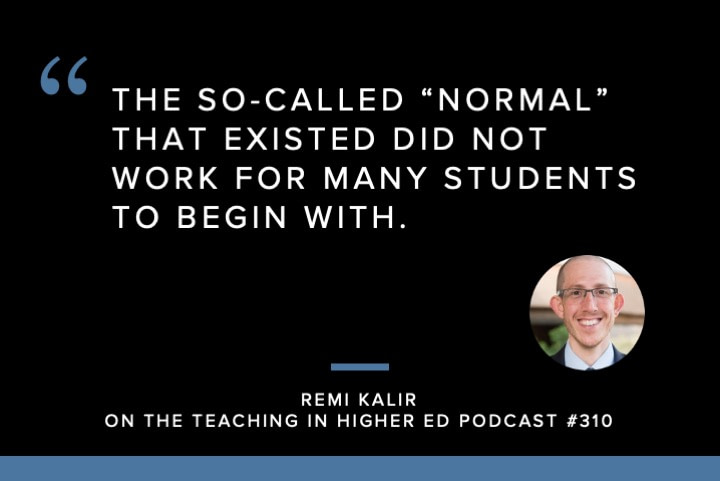Episode: Hypothesis: Stories about having a question that needs answering
Pub date: 2020-01-10

This week we present two stories from people who had hypotheses.
Part 1: Teaching sixth grade science becomes much more difficult when Xochitl Garcia’s students start hypothesizing that fire is alive.
Part 2: When journalist John Rennie is assigned to cover an entomological society event where insects are served as food, he sees an opportunity to face his fear of bugs.
Xochitl Garcia is the K-12 education program manager at Science Friday, where she focuses on supporting the inspiring efforts of educators (of all types) to engage students in science, engineering, math, and the arts. She is a former NYC school teacher, who specializes in sifting through random piles of junk that she insists are “treasures,” to figure out cool ways for learners to explore scientific phenomena. You can find her making a mess in the name of science education at the Science Friday office, her house, with other educators…you get the picture.
Update: Xochitl welcomed her baby (not fire) into the world on 1/1/2020.
John has worked as a science editor, writer and lecturer for more than 30 years. Currently, he is deputy editor at Quanta Magazine. During his time as editor in chief at Scientific American, between 1994 and 2009, the magazine received two National Magazine Awards. He co-created and hosted the 2013 series Hacking the Planet on The Weather Channel. Since 2009, he has been on the faculty of the Science, Health and Environmental Reporting Program in New York University’s graduate journalism school. John is @tvjrennie and [email protected].
Learn more about your ad choices. Visit megaphone.fm/adchoices
The podcast and artwork embedded on this page are from Erin Barker & Liz Neeley, which is the property of its owner and not affiliated with or endorsed by Listen Notes, Inc.








